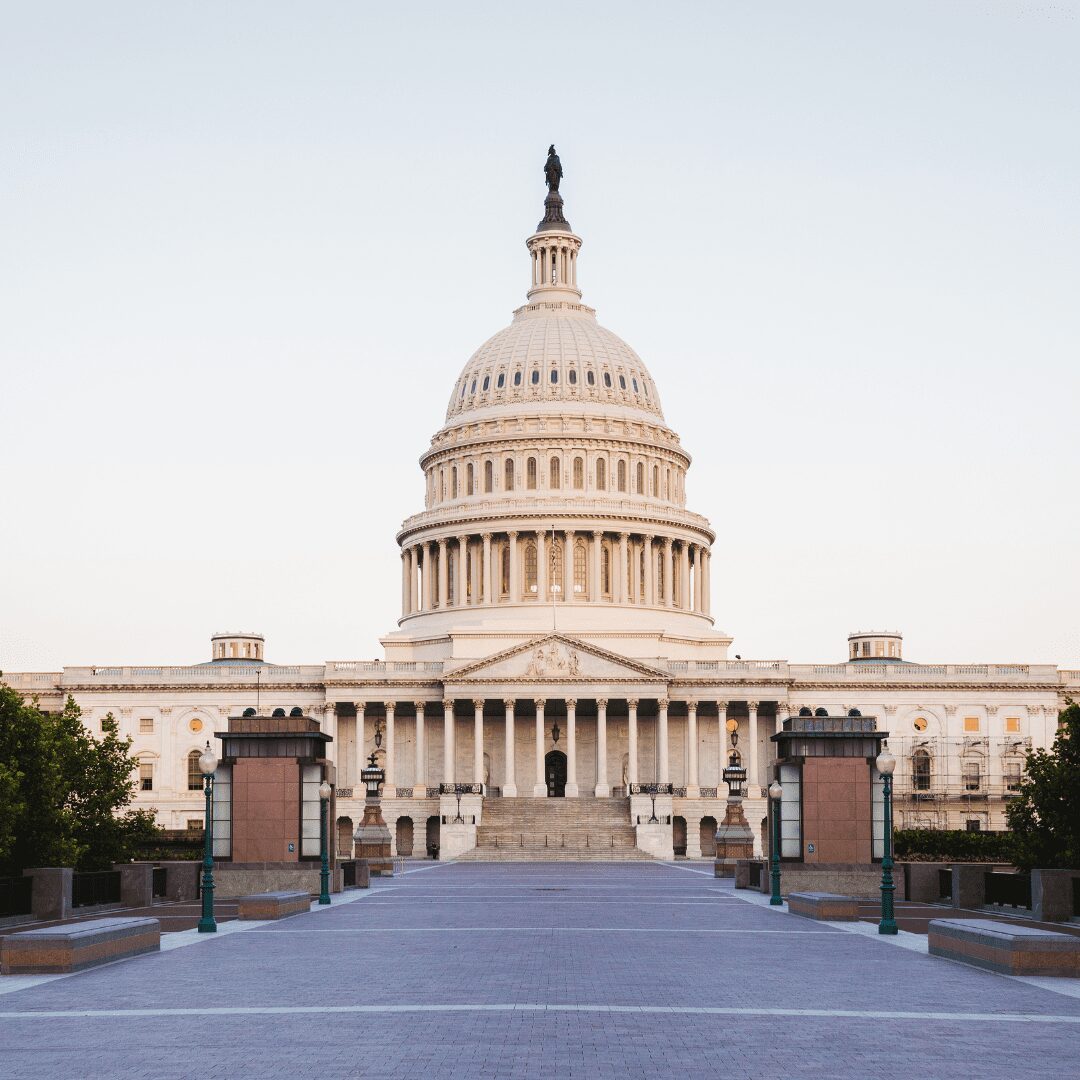
GOP Senators Support Environmentalist Protectionism
David B McGarry
November 16, 2023
After much anticipation, Sens. Bill Cassidy (R-La.) and Lindsey Graham (R-S.C.) have introduced the Foreign Pollution Fee, which would institute a carbon tariff on many imports to the US. Sens. Cassidy and Graham say the bill would disincentivize foreign firms from pollutive manufacturing and “level[] the playing field” for American businesses who must bear the costs of domestic environmental regulations. While this proposal perhaps might move some would-be importers to manufacture more cleanly – it has the Sierra Club’s full-throated support – it certainly would harm the very American taxpayers, consumers, workers, and businesses it claims to defend.
By labeling their policy a “fee,” the senators hope to give their bill several degrees of linguistic separation from the politically toxic notion of a carbon tax. However, this “fee” is nothing more than a tariff on foreign manufacturers’ carbon emissions. Tariffs are taxes. Legislators should forgo euphemistic word games like these and defend their policies for what they are.
Economically speaking, tariffs usually have no justification. American tariffs primarily harm Americans, as recent experience demonstrates. When Washington taxes imports, importers recoup these costs by raising prices, which domestic consumers must pay. This cycle particularly harms U.S. manufacturers, who often source foreign component parts for assembly into an American final product. Forced to build with expensive and tariffed inputs, they in turn pass the added cost to American consumers.
Protectionism’s recent failures provide test results for these theories. According to a recent report from the U.S. International Trade Commission, former-President Donald Trump’s vaunted steel and aluminum tariffs siphoned $13.6 billion from downstream manufacturers from 2018 to 2021. As the Cato Institute’s Scott Lincicome notes, “Even factoring in tariff‐related gains for protected U.S. metals producers, we still ended up around $5 billion poorer on net through 2021.”
Trump’s tariffs – of which Joe Biden has kept many – amounted to a nearly $80 billion tax increase on Americans, writes the Tax Foundation’s Erica York. She calculates the Trump–Biden “tariffs still in effect will reduce long-run GDP by 0.21 percent, wages by 0.14 percent, and employment by 166,000 full-time equivalent jobs.” Moreover, the Federal Reserve of New York projected that a single 2019 round of Trump’s tariffs would make the typical American family $831 poorer per year and that U.S.–China trade squabbles reduced observed American firms’ market capitalization by about $1.7 trillion.
Although trade barriers putatively benefit the industries they target – though far less than protectionists assume – downstream domestic firms become far less competitive when forced to hike prices to cover tariff-inflated input costs. Thus, protectionism begets not just further protectionism, but political chaos.
For example, in response to tariffs on tinplate steel’s input material (known as “blackplate”), tinplate producers lobbied the Biden administration to impose new tariffs to protect their own products from rising imports. Had the administration acceded to the tinplate lobbyists’ demands, the new tariffs would have created an estimated 66 tinplate jobs while endangering those of nearly 40,000 workers in downstream industries. This episode highlights protectionism’s tendency to concentrate limited benefits in a targeted, politically favored industry while disbursing far larger harms to everybody else.
Proponents of the Foreign Pollution Fee attribute American jobs’ relocation overseas to trade deficits with China. The fact that economists debate the causes of offshoring heatedly notwithstanding, this begs multiple questions. First, it presumes that trade deficits per se harm the economy – a dubious proposition. It ignores manifold evidence that tariffs, rather than macroeconomic factors, can reverse deficits. Indeed, Trump and his protectionist trade regime presided over an average deficit in goods of 4.2 percent of GDP, marginally higher than Obama’s average of 4 percent.
Further, the Foreign Pollution Fee would almost certainly violate American free-trade pacts at the World Trade Organization (WTO). As a party to the General Agreement on Tariffs and Trade, America committed to not adopt precisely this sort of preferential treatment for domestic firms. Unfortunately, under Trump and Biden, such parchment barriers have meant little. Both violated U.S. trade agreements prolifically. Both sabotaged the WTO’s appellate body to dodge accountability. Congress should uphold free trade agreements, not participate in circumventing them.
Under “Bidenomics,” consumers suffer drastically inflated prices – perhaps the president’s most glaring policy weakness approaching 2024. As a sheer political matter, the GOP should avoid advocating further tax increases and price spikes and resist the temptation to marry two anti-market philosophies, protectionism and environmentalism.
